

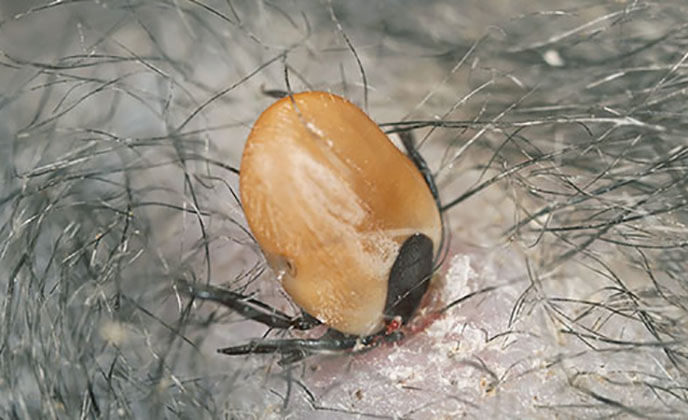
Schedule your FREE inspection for the best flea and tick control near you. Fleas and ticks are pests that many pet owners have to deal with at some point and time. Because both species of insects prefer to feed off of animals, like cats and dogs, pets are the most common way for fleas and ticks to be introduced into a household. Although they prefer animals, they will often bite and feed off humans once inside a home.
Let's dive in and learn more about these blood feeding pests:
FLEAS
An adult flea is a small reddish-brown bug that is laterally compressed. As the flea is not very wide, it can more easily move between the hairs of animals. Fleas also have small spines on their body's that prevent them from being brushed off of the host and a hard, outer body that prevents it from being smashed. Additionally, fleas don't have wings and travel between hosts by hopping. In fact, they can hop up to 7 inches in the air! Because of these adaptations, it can be tough to eradicate them.
Fleas bite animals and humans in order to feed on their blood. These bites usually appear as small red bumps that can be extremely itchy and uncomfortable. Bites often appear in small groups or clusters. In addition to the discomfort caused by the bites, fleas can carry and transmit bacteria and viruses through these bites. If you are bitten, clean the bite with warm water and soap and ice the location to lessen swelling. You can also use anti-itch creams to lessen the discomfort. If at any time you feel that the bite is serious, seek medical help as soon as possible.
Pets are first infested by fleas when they are outside or when they are in contact with another infested animal. Wildlife, including opossums, raccoons, and untreated cats and dogs can deposit flea eggs into a yard. You can reduce flea infestations by limiting the access these animals have around your house and yard. Flea eggs and larva are very difficult to see and under the right conditions can easily thrive in your yard and home.
Flea infestations are most easily confirmed by examining your pet. A telltale sign of infestation is excessive scratching by your pet. If your dog or cat seems to be itching more than usual, you should check for fleas. Not all scratching is necessarily an indication of a flea infestation so, if you are unsure, it's always a good idea to check with your veterinarian. To check for fleas, part your pet's fur in several places and look for tiny black pepper-like specks, known as "flea dirt," scattered on your pet's skin. These specks are actually flea feces. Although they are very tiny, fleas can be seen scurrying along the surface of your pet's skin. Since fleas do not like light, they prefer hiding in your pet's fur. Their favorite spots include the base of the ears and the rump (just in front of the tail). Look closely at places with less hair, like on your pet's belly and inner thighs, as this will provide you with the best chances of spotting a flea.
If you are able to identify a flea infestation, there are several steps to take. First, call your veterinarian in order to find out the best flea treatment options for your pet. Second, check your home for an infestation. You should thoroughly clean the home, especially areas where your pet spends a lot of time. Make sure to wash linens and dog beds in order to kill possible fleas. Flea infestations can be challenging, so it's a good idea to call your pest control expert in order to ensure that the problem is handled correctly and consistently.
TICKS
Ticks are external parasites that feed off of blood as their main food source. Although many believe that ticks are insects, they are actually arachnids, like spiders. There are many different species of ticks and they are divided into two main categories: hard ticks, such as the common dog tick, and soft ticks. Hard ticks has a tough shield like shell and they are usually shaped like a flat seed before plumping up after feeding. Soft ticks do not have a hard shield and are shaped like a raisin.
Most pet owners are familiar with ticks because they are the most common pest of domesticated dogs in the southern U.S. This parasitic insect survives by taking blood meals from mammals, birds, reptiles, and even humans. In addition to their bites being uncomfortable and irritating, ticks are vectors of numerous diseases, including Lyme Disease, Rocky Mountain Spotted Fever and southern-tick associated rash illness. Common symptoms of tick-related illnesses can include but are not limited to: fever, rash, aches and pains and chills. If at any time you feel that the bite is serious, seek medical help as soon as possible.
To prevent bites and an infestation, it is advisable for both you and your pets to avoid densely wooded areas. These areas are common habitats for ticks. If your pets are often in wooded areas, it is adviseable to coordinate preventative tick treatment, such as anti-tick medication, with your veterinarian. If you find ticks on your pet, have them immediately checked and treated by a veterinarian, especially if they seem lethargic because this can be a sign of infection or disease from the bite. It is also important to check your home for a tick infestation. Ticks prefer to live in dry, warm places near their hosts, such as bedding and furniture, and can lay between 1,000 to 3,000 eggs per breading cycle.
Infestations can be hard to control, so it's is a good idea to seek the help of a local pest management professional to ensure that the tick infestation is controlled control and eliminated.
The pest management professionals at Truly Nolen of Youngstown & Warren have the experience needed to safely eradication flea and tick infestations from your home. Click here to learn more about our Four Seasons Pest Control Program and how Truly Nolen of Youngstown & Warren can help rid your home of these troublesome pests.

When you sign up for 4 Seasons Pest Control, our quarterly pest control service.
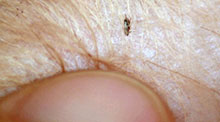
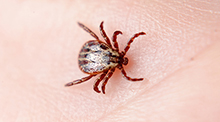
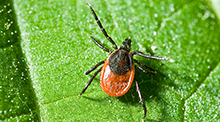



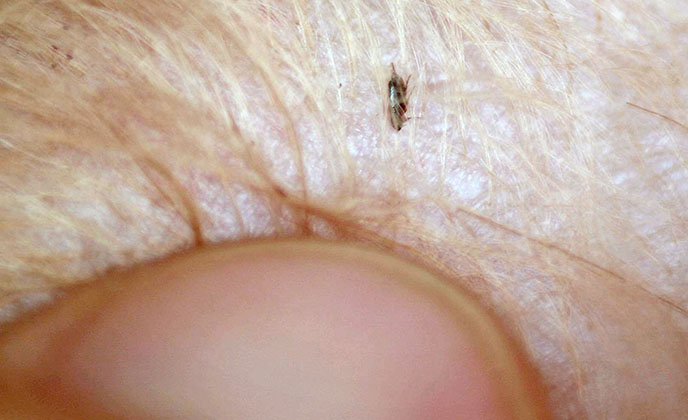
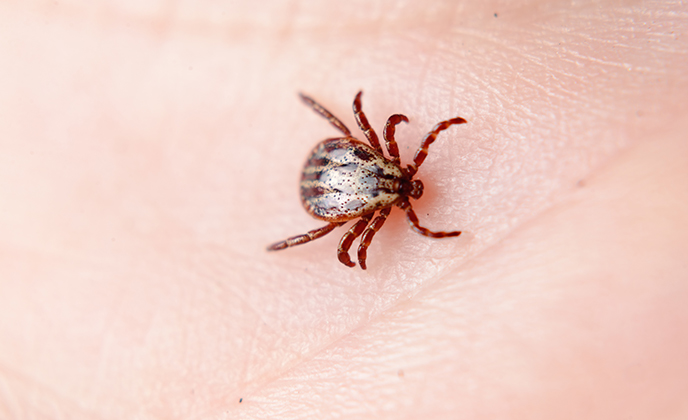
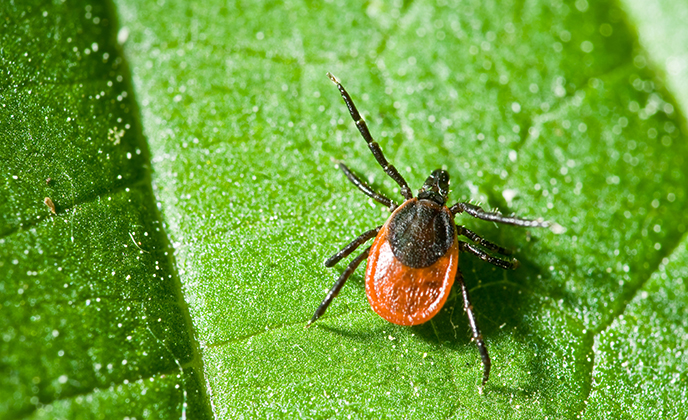
We work to minimize our impact on the environment by using naturally occurring materials whenever possible.
Truly Nolen develops a custom treatment plan for your home or business to ensure pests stay away for good.
We will treat the affected area unconditionally until you are satisfied.
We've have over 80 years of pest control experience and are an industry leader in pest, termite, and rodent control.
We actively partner with you to protect your home or business from pests.

With nearly 100 locations nationwide, Truly Nolen has your pest control needs covered.